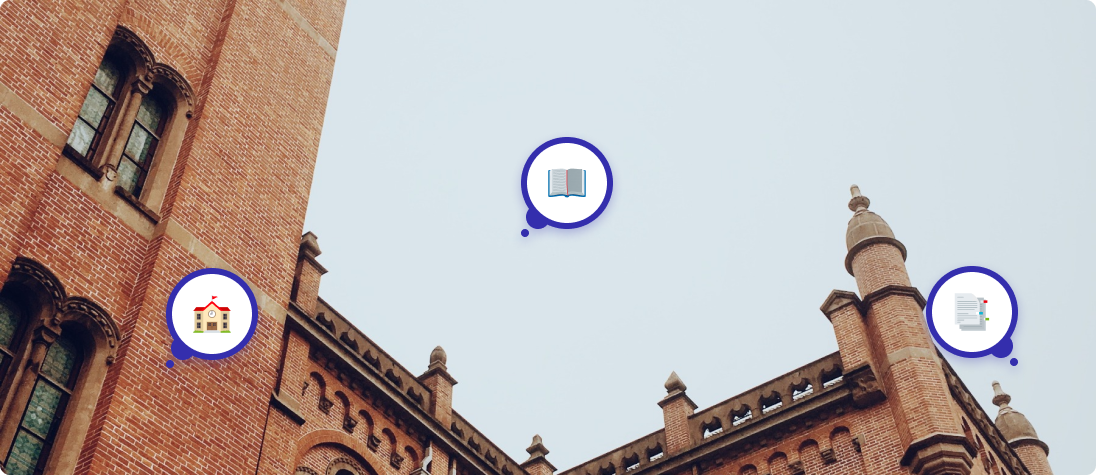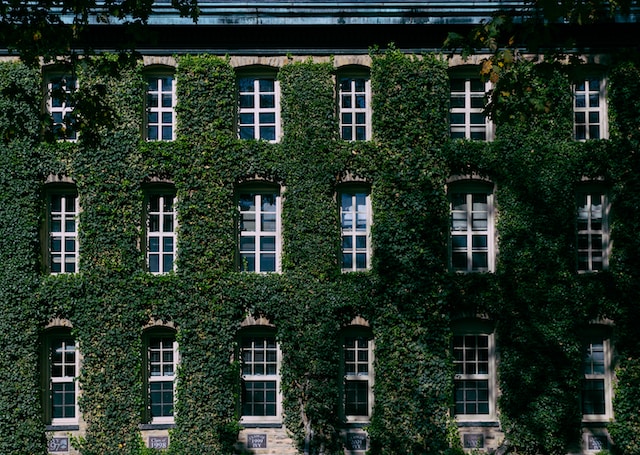What Are the Ivy League Schools?
August 12, 2023 . 3 min read . Author: YouMap

You have probably heard the term Ivy League at least once in your life – no matter whether you live in the US or abroad. But, do you know what are the Ivy League schools? Have you ever heard about the origin of this name? If not, read on – we will explain everything in this article!
What are the Ivy League schools?
If you wonder what an Ivy League school is, let us clarify that for you. It is one of the 8 most prestigious, renowned private higher education schools in the US and in the world.
The schools belonging to this group were connected together for a reason. Initially, the Ivy League was meant to be an athletic conference. However, nowadays, the term is used to talk about the most reputable universities and colleges in the north-east US.
An interesting origin story hides beneath the name itself as well. What does Ivy League mean? It was actually chosen from the Roman numeral representing 4 – IV. It was so because it began as a sports alliance between four universities: Harvard, Princeton, Yale and Penn.

How many Ivy League schools are there?
As we have mentioned, initially there were only 4 universities joined in this conference. Yet, with time, the number grew. At the moment, the Ivy League associates 8 higher education facilities. What schools are Ivy League? Here is a full list:
- Brown University
- Columbia University
- Cornell University
- Dartmouth College
- Harvard University
- University of Pennsylvania
- Princeton University
- Yale University
Are Ivy League schools really that prestigious?
Yes, the schools in this alliance are among the finest ones in the whole country or even the whole world. Thus, many talented graduates apply for them every year. However, getting accepted is not easy.
The acceptance rates vary from school to school, yet the highest ones (Cornell University) are more-or-less on a 7% level, with the lowest reaching 3.40% (Harvard). Thus, although pursuing a degree at one of these universities is an excellent choice, both in terms of education and personal branding, not many are honored with the opportunity to study there.
Ivy League schools – the alternative
If you believe that you are talented enough to apply to one of these prestigious universities, you probably realize that you should have a backup plan. After all, being rejected does not mean that you are not talented or smart enough – you might have got beaten by someone exceeding in excellence even more than you. But, you don’t want to be left with nothing, right? Let’s take a look at the possible alternatives.
Understanding what are Ivy League schools requires additional knowledge – realizing what are the best non-Ivy League colleges and universities. There is actually quite a plethora of options to choose from – let’s look at the top 10:
- Massachusetts Institute of Technology (MIT)
- Stanford University
- University of Chicago
- Johns Hopkins University
- California Institute of Technology
- Duke University
- Northwestern University
- Vanderbilt University
- Rice University
- Washington University
If neither of these interests you, or you are looking for a college in a particular area, we suggest that you use YouMap – our social mapping app. This application allows you to search through thousands of user-generated maps on various topics, including higher education. You might both find your dream university in it, or read the opinions about one of the schools mentioned in the article. After all, knowledge is power, and you don’t want to make a bad choice, do you?
The takeaway
We hope that now you understand what are the Ivy League schools and what universities are among them. Don’t be afraid to try applying for them, but remember – always have a plan B.
Did you know that in many cases you will be required to write an essay explaining why you are the best candidate? If you are looking for an inspiration, see our article on how to tell stories with maps – a different perspective might stimulate your writing!





